STEM is my playground for curiosity. It’s where I experiment, fail and learn.
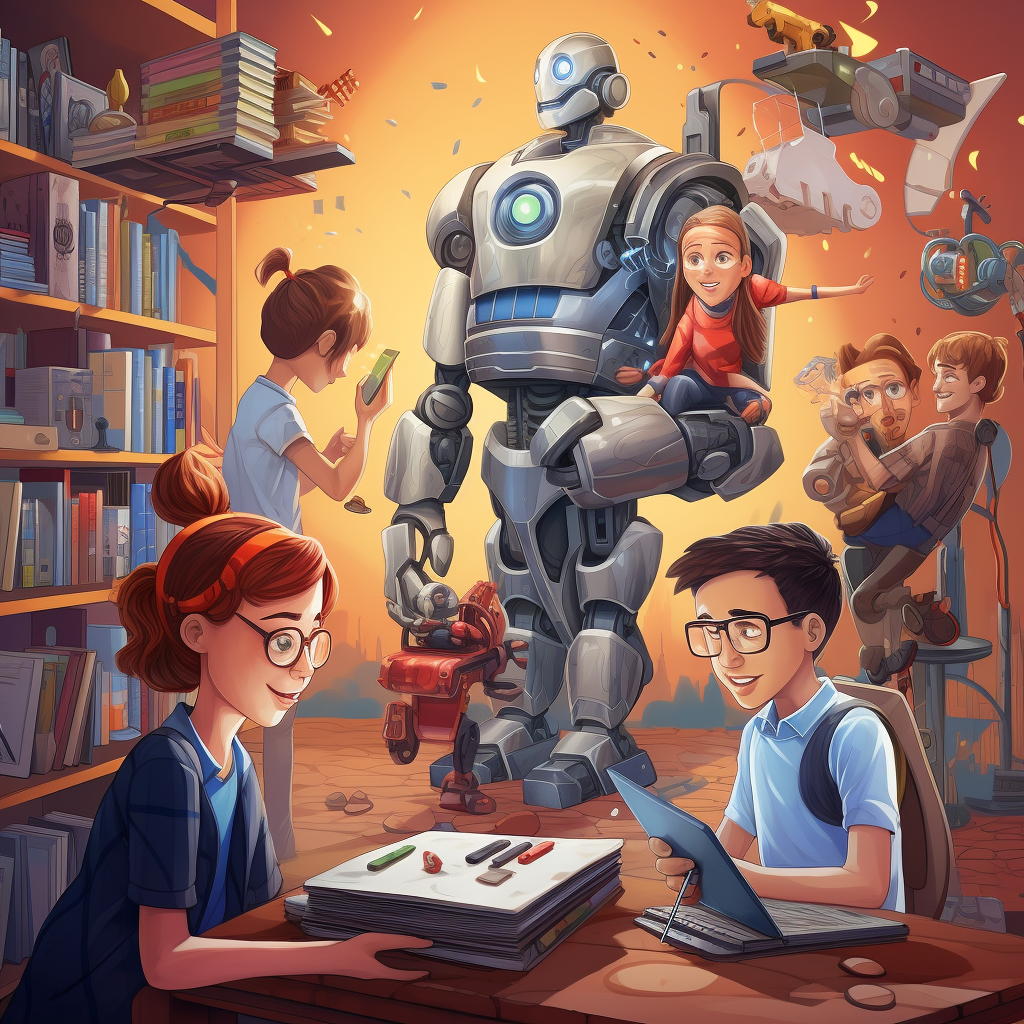
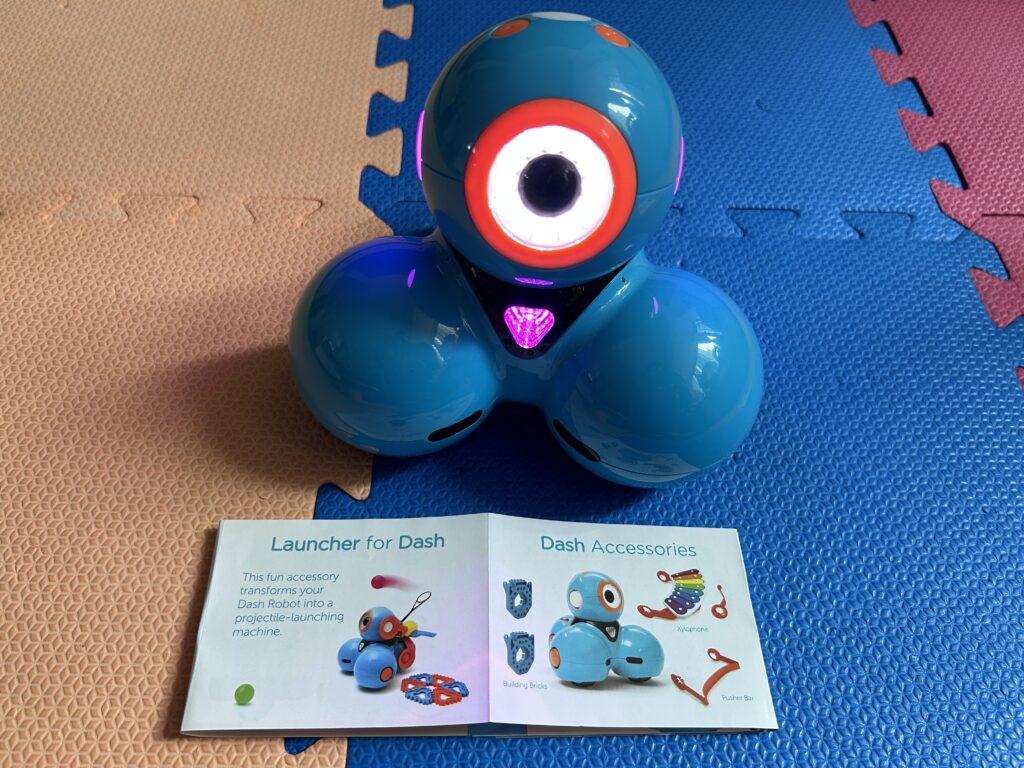
Robotics
Programable Robot for Kids 6+
When I was 7, my Dad gave me Dash and Dot as a gift. Back then he didn’t tell me there were many cool robots big and small, including this small one, that could do a lot of tricks and help with tasks. Dash was a great starting point for me to learn a bit about programing and robots. It can sing, dance, navigating routes, launching balls and responding to voice. It’s easy and fun to play with…
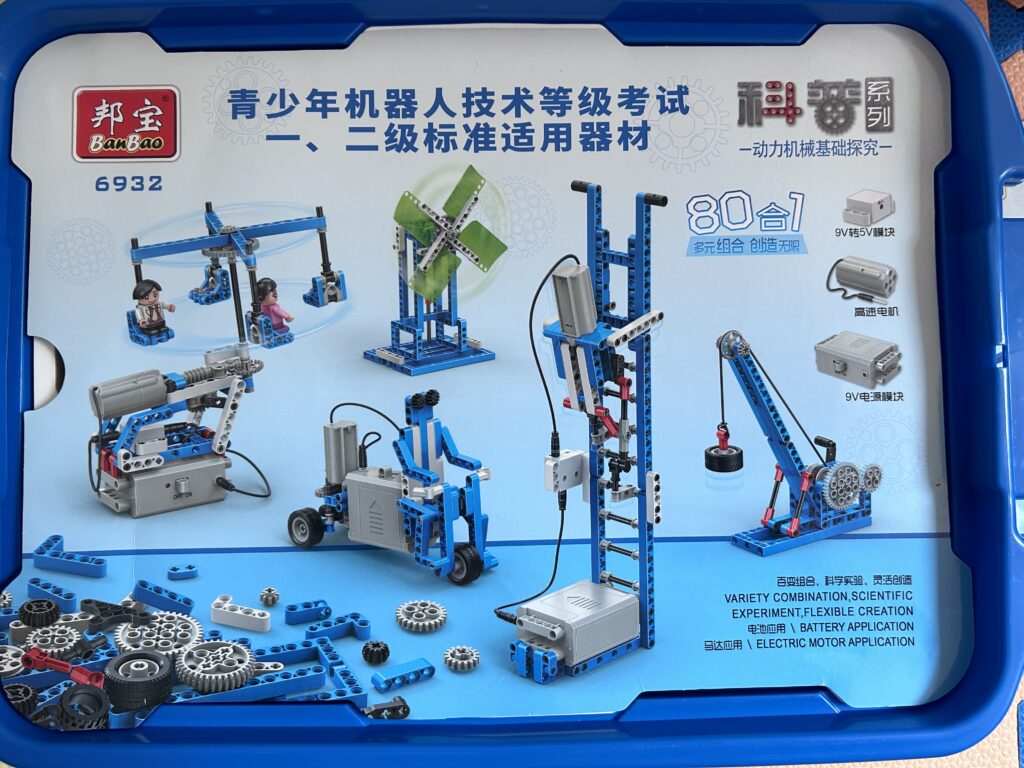
Robotics for 8 to 18 years old
The Chinese Institute of Electronics sets standardized learning guidelines for Robotics Level 1 to Level 8 for students from 8 – 18 in age. Here Level 1-2 robotics are flexible enough to become fun electronic toys for my younger sister. Level 4 and above would require some serious coding and engineering skills. Level 7-8 are supposed to be smart robots, which will take me years to learn…
Coding Samples
My first experience with python was a CTY course I took when I was 7. However, my first main usage of coding was when I learned the language in more depth so that I could use it in the USACO coding competition. Although I was able to write code for most of the problems from the previous years, the problems have become much more difficult in recent years, requiring me to learn more about python as well as start learning to code with C++. The PPT below recorded a few examples of the problems I learned on coding.
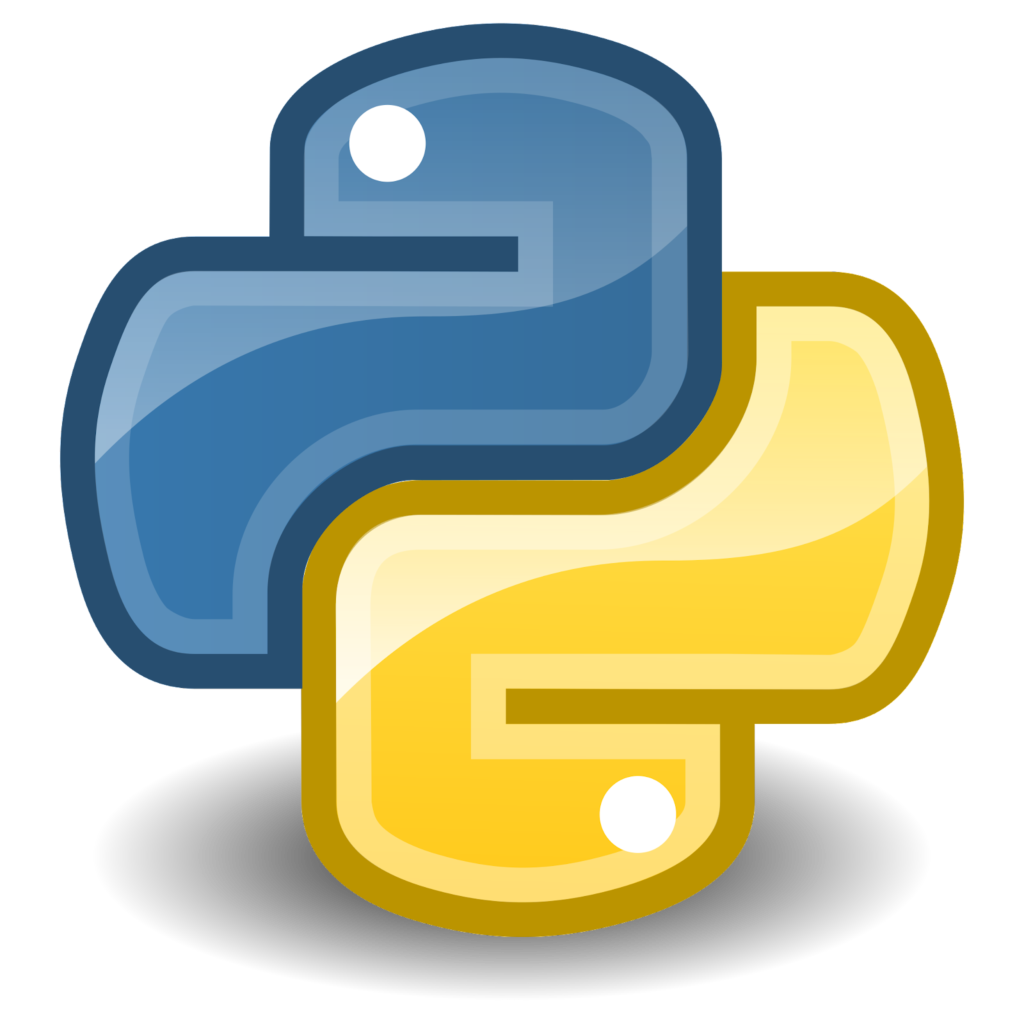
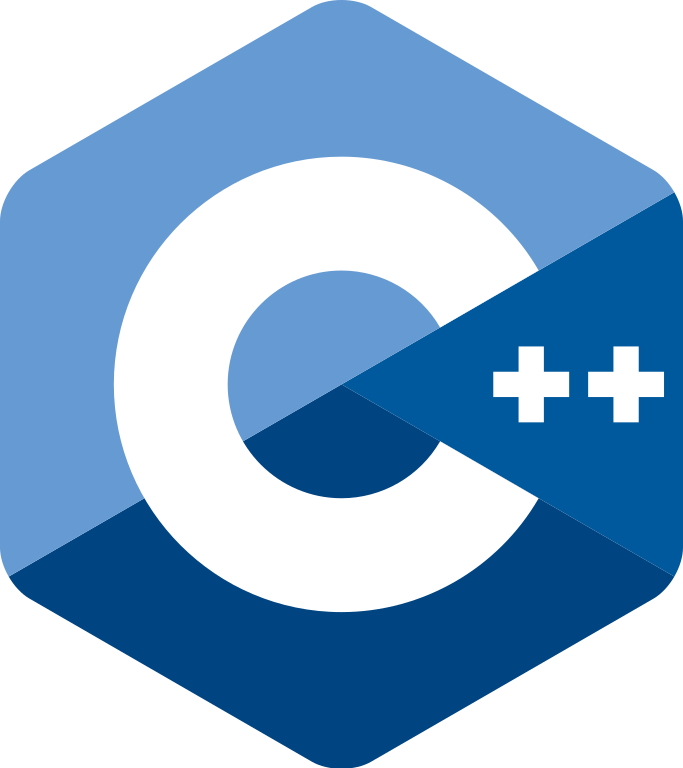
Extra STEM Courses

Principles of Engineering Design by CTY
I would highly recommend this summer camp program by CTY for students in Grade 7 – 11. In this course, we team up to tackle both real-world and simulated engineering problems. We use our math skills, scientific knowledge, and engineering design principles to analyze how new materials contribute to the advancement of modern vehicles, making them lighter and stronger.
We also explore how energy technology improve the efficiency and viability of electric cars. Moreover, we compare the structural design of bridges and skyscrapers, understanding how they are engineered to withstand extreme stress.
During the design process, we don’t just focus on technical aspects but also consider economic and ethical factors. This course has further ignited my interest in engineering and I believe it offers a valuable glimpse into the life of a professional engineer.

Project Mars by CTY
In this course, we became interplanetary explorers, designing our own space gear, learning about the challenges of landing a space ship, and even planning living on the Mars. It is a fascinating planet that likely holds clues about the origin of the solar system and possibilities for future migration.
We explored topics like laws of physics. We learned about the atmospheric and geological conditions on Mars and used this knowledge to design plans for a mission and develop a blueprint for a sustainable civilization. We had some really interesting debates about the ethical considerations of space exploration.
I would totally recommend it. It’s not just about learning science, it’s about imagining the future and realizing that it might not be that far off. Perhaps one day we will be on this incredible journey to Mars!

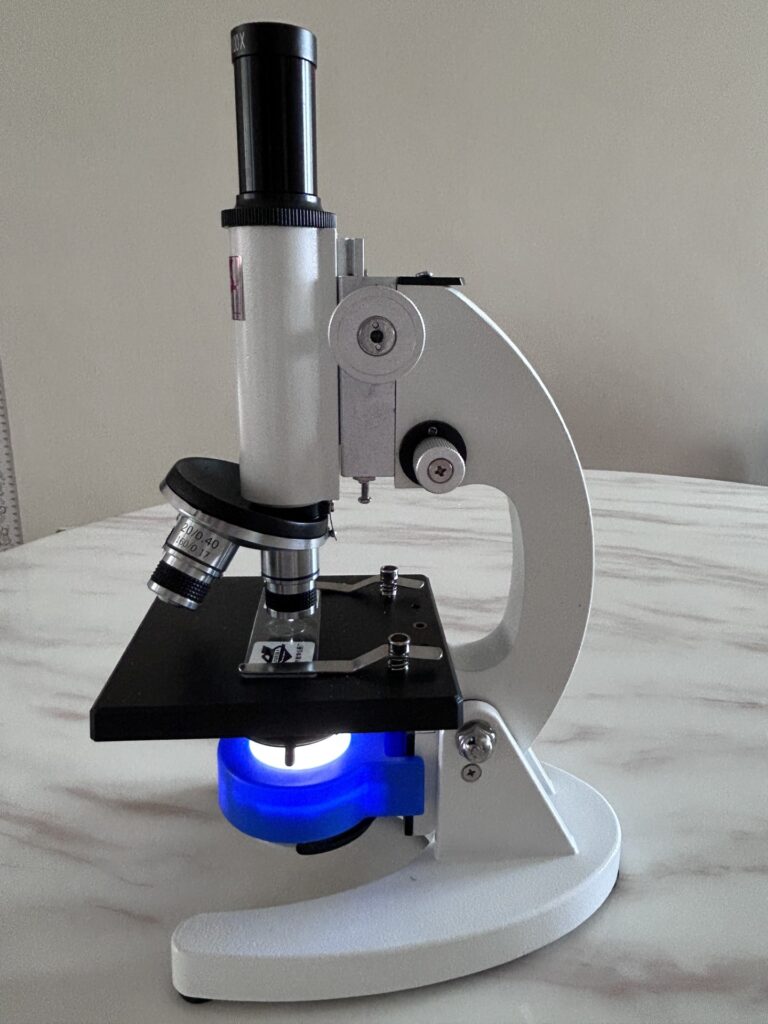
Honors Life Sciences by CTY
This course explores all living organisms, from microorganisms to plants and animals. From the basic unit of life, the cells build up tissues, organs, and systems. We also discovered how genes are responsible for traits, just like unique blueprint. We explored natural and artificial selections, and their effects on the genetic traits. It was fascinating to see how life has evolved on Earth, evidenced by fossils.
I recommend this course to anyone who’s curious about life and its complexities.